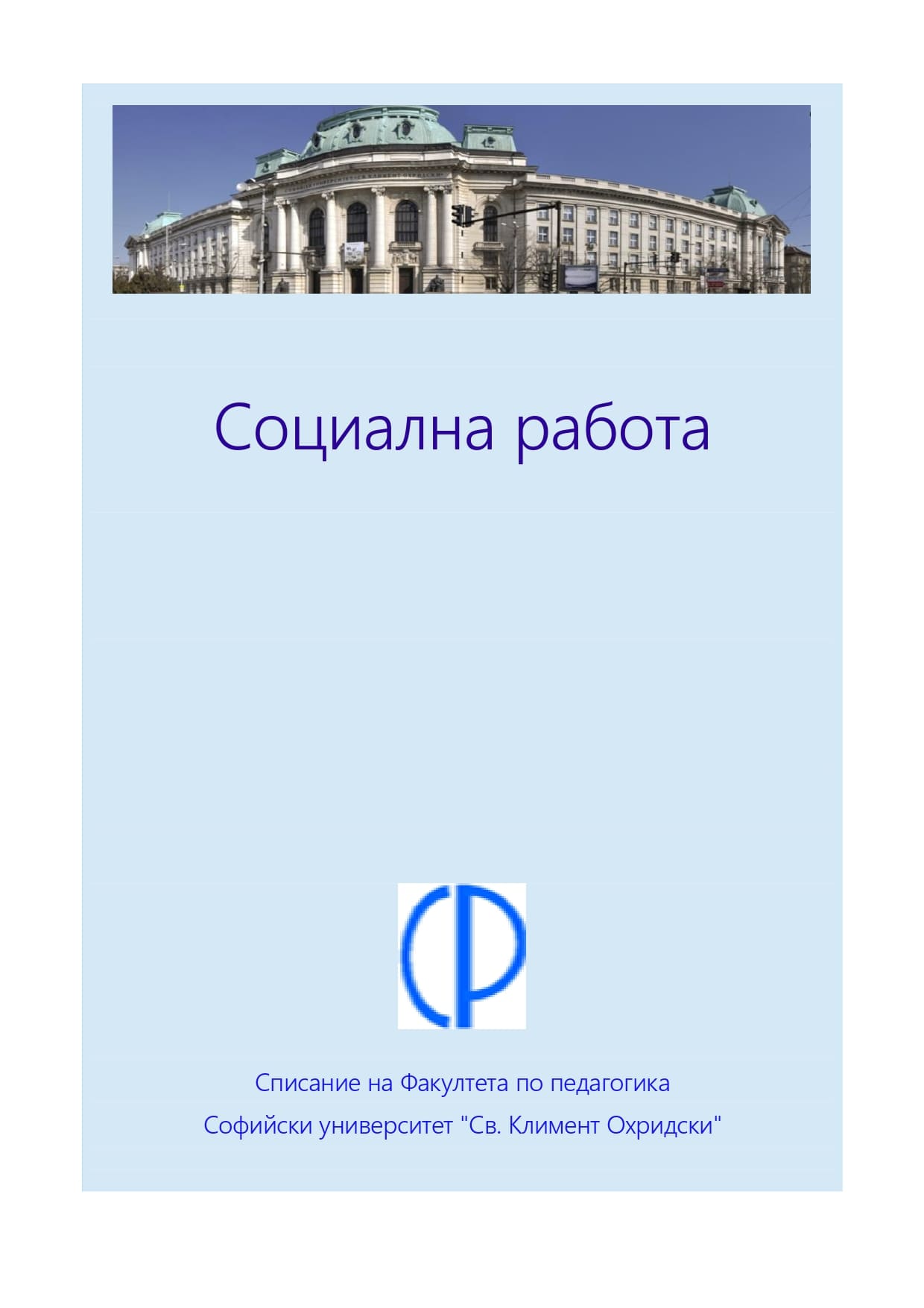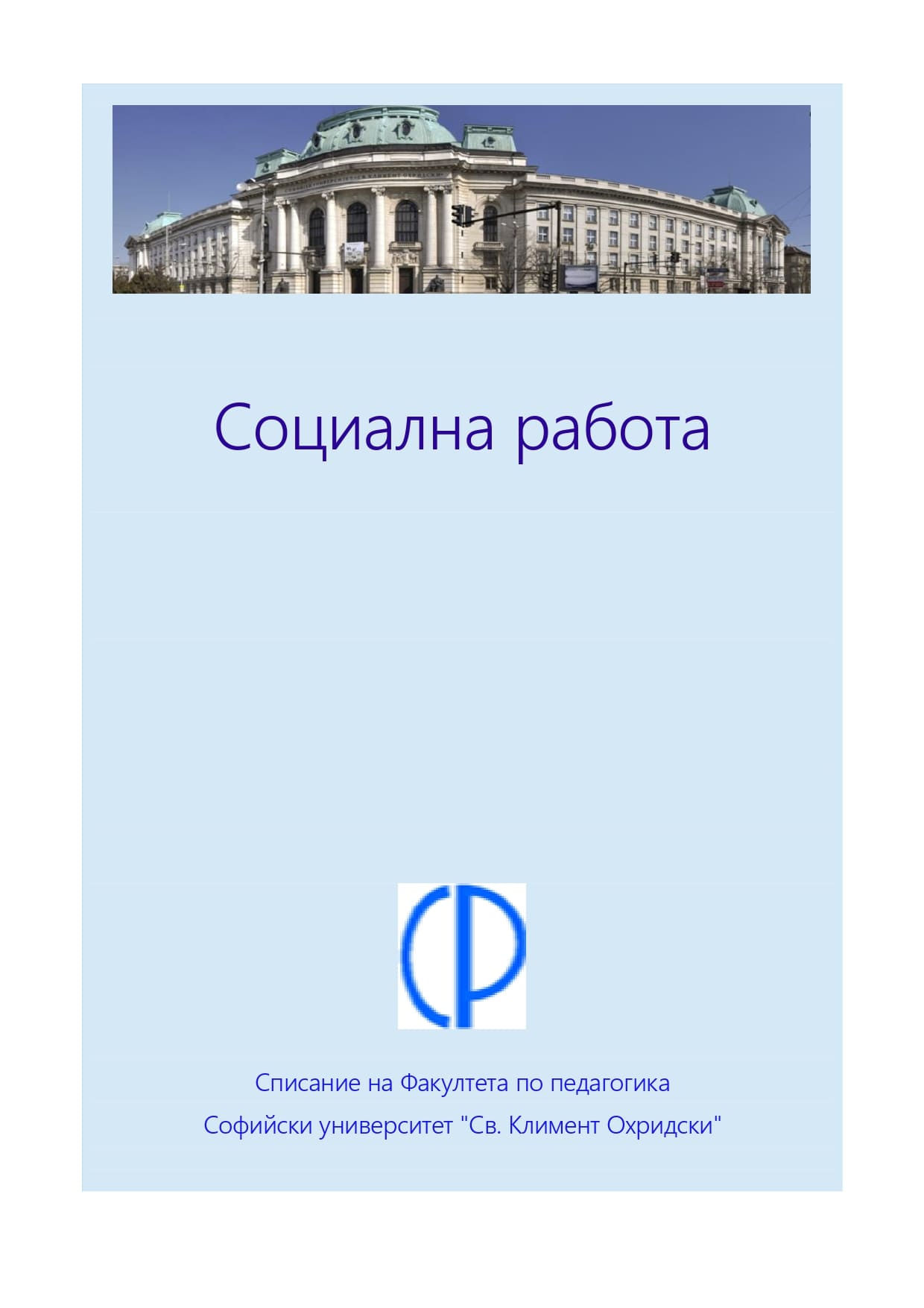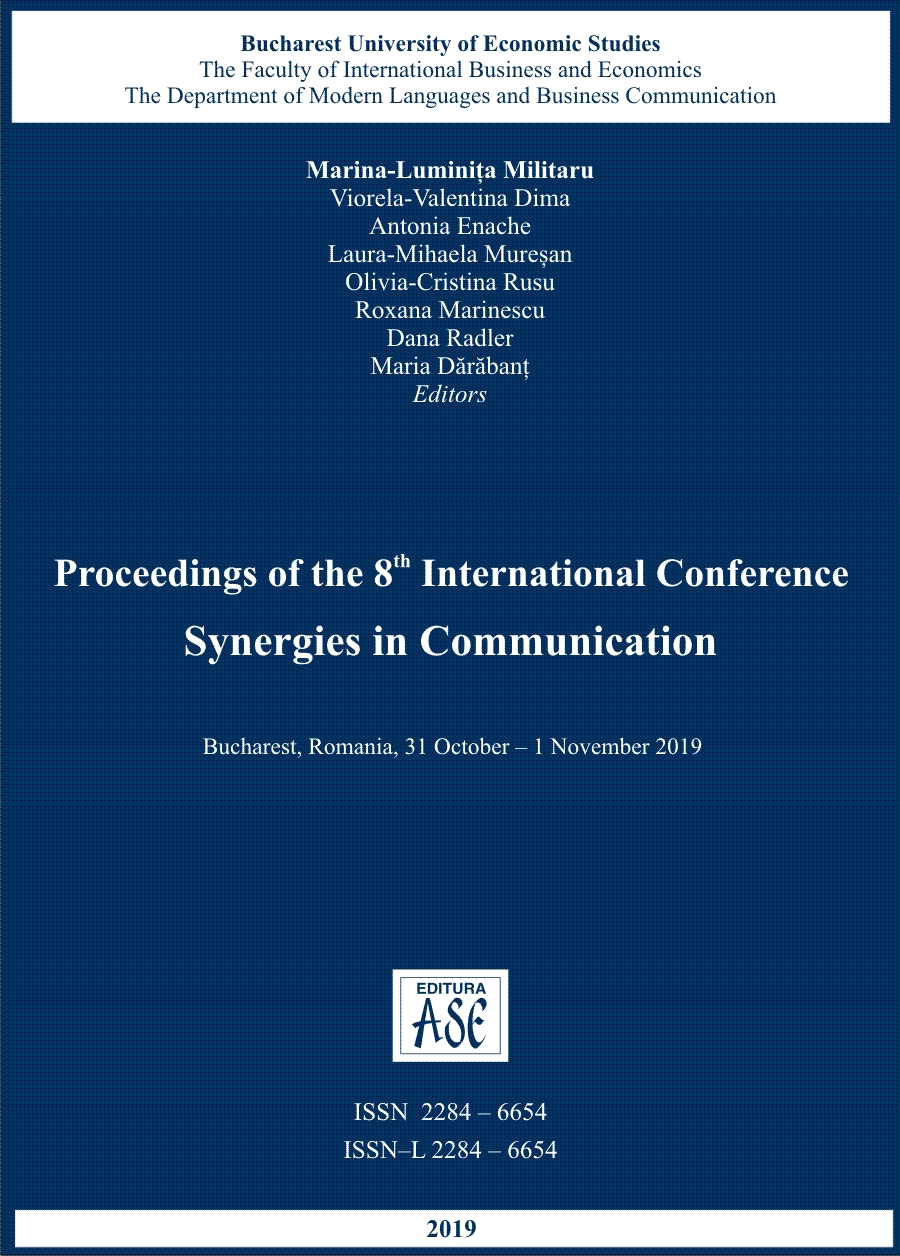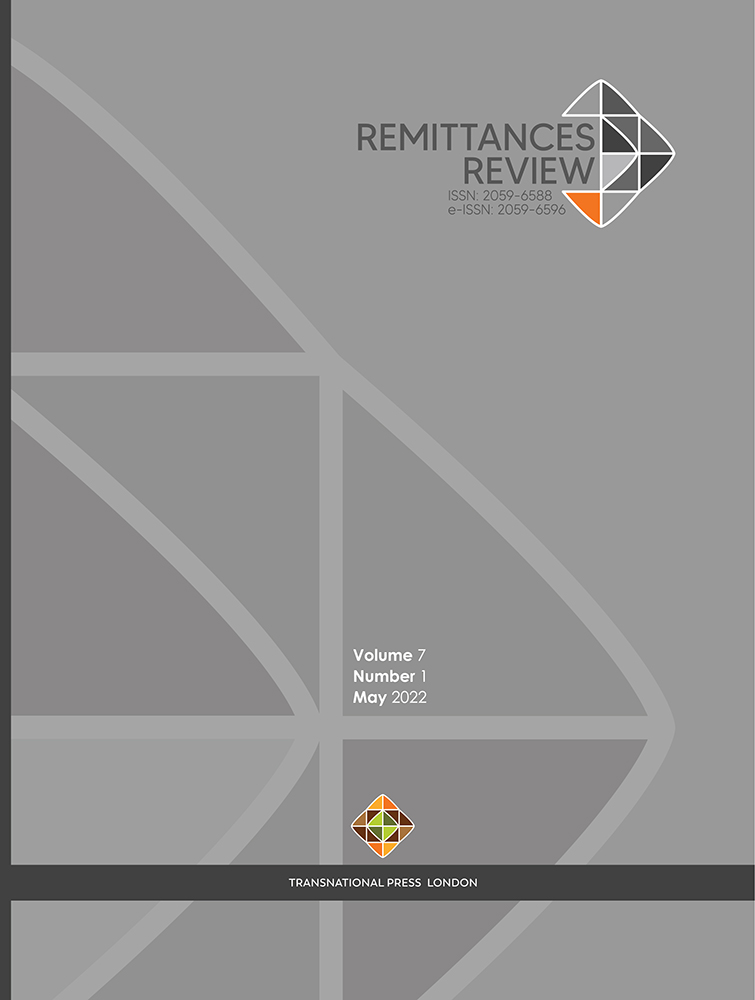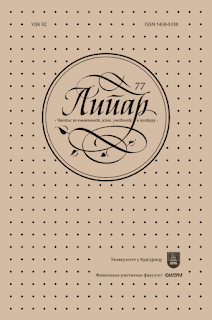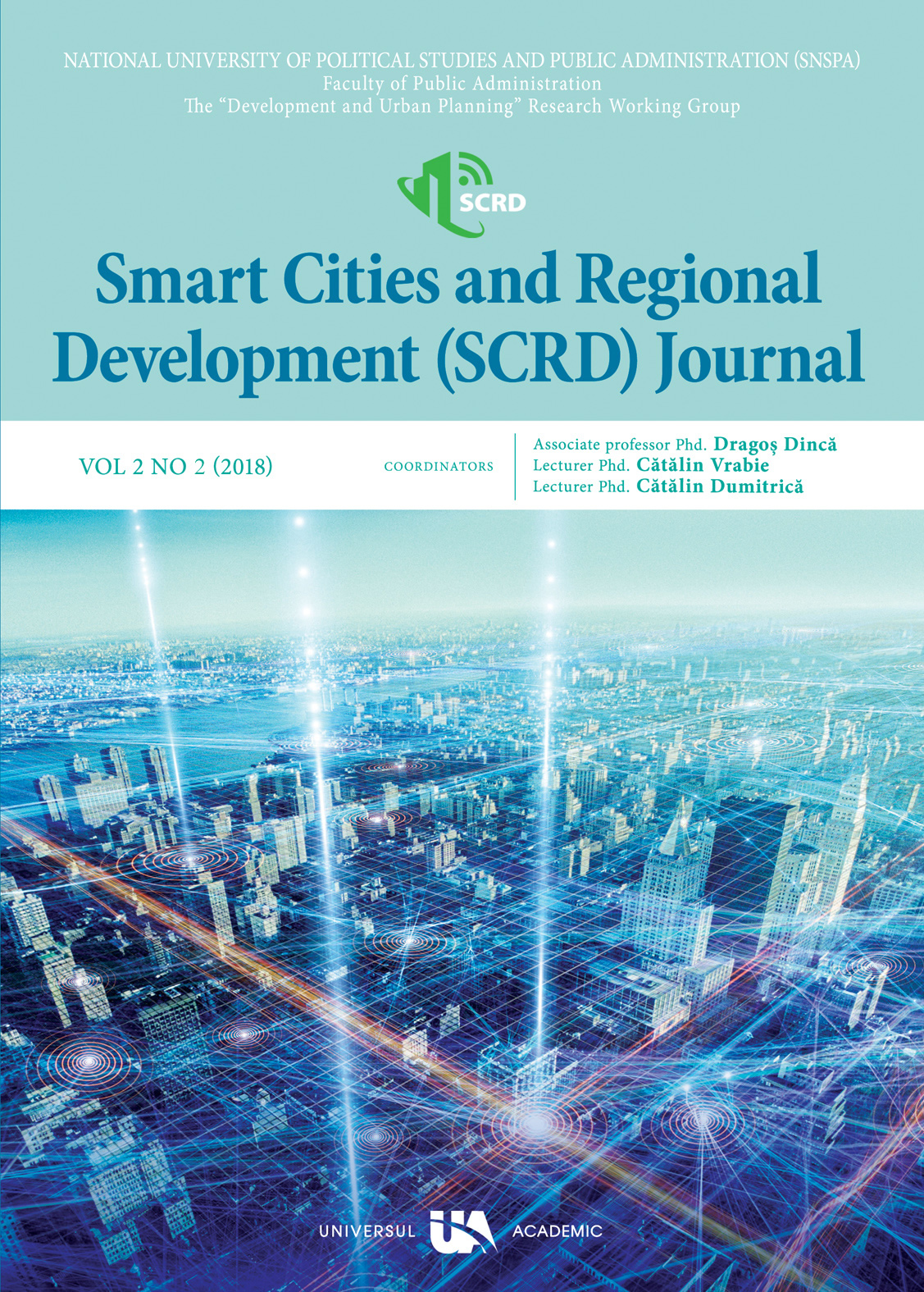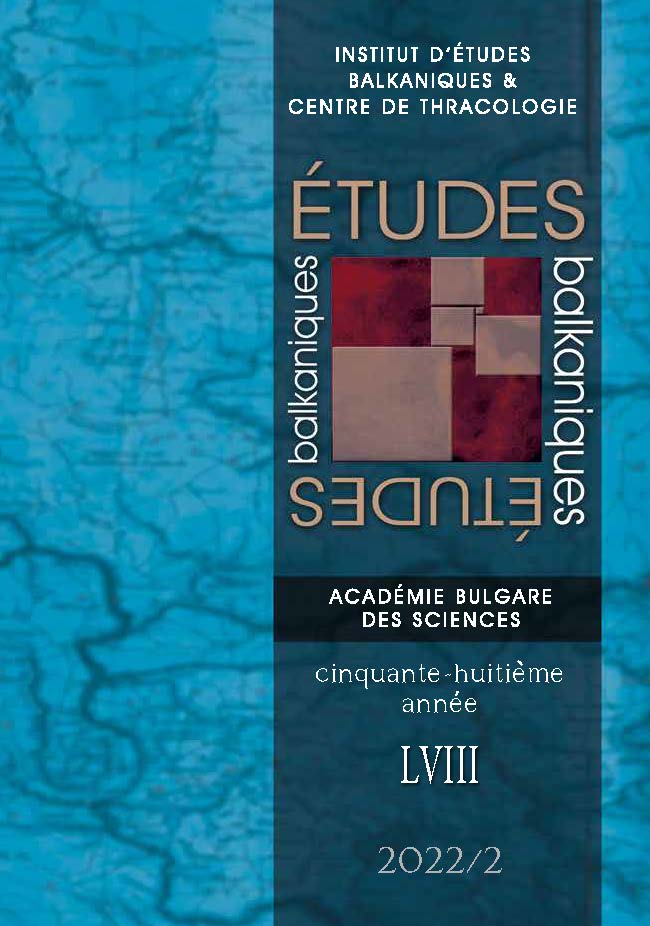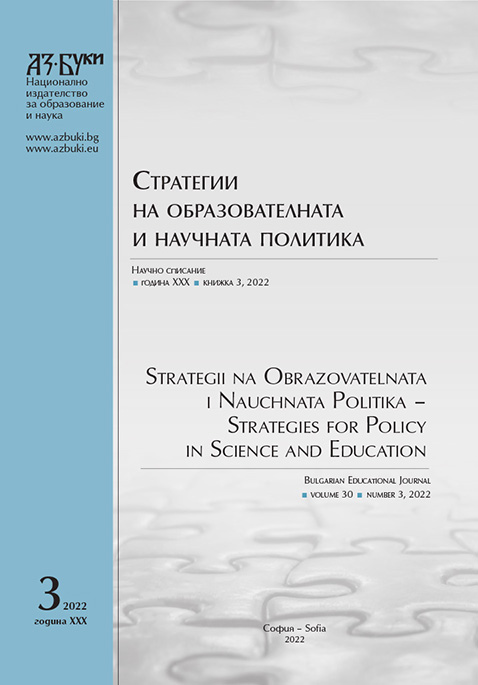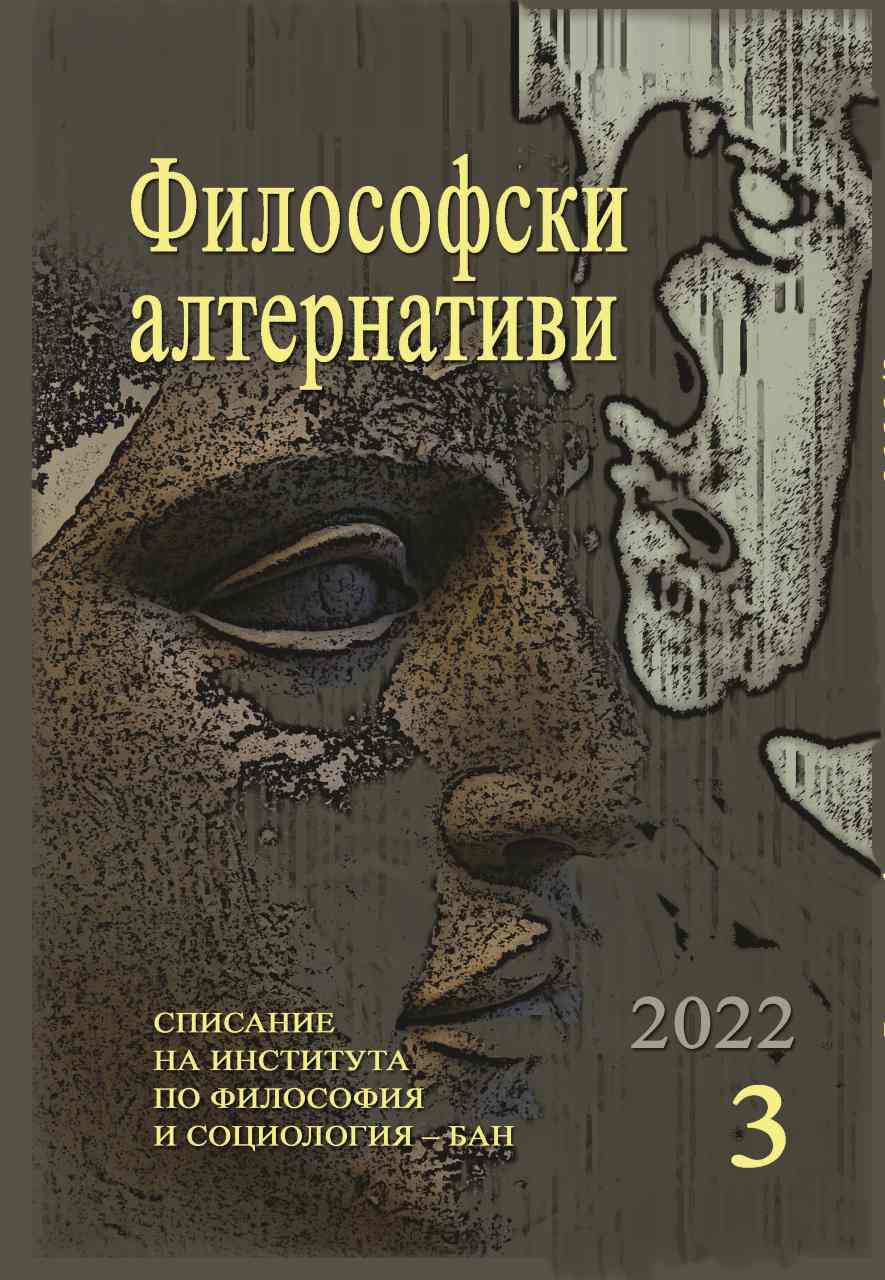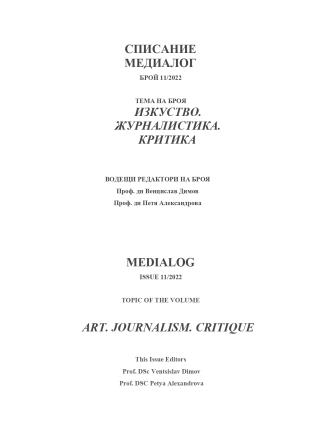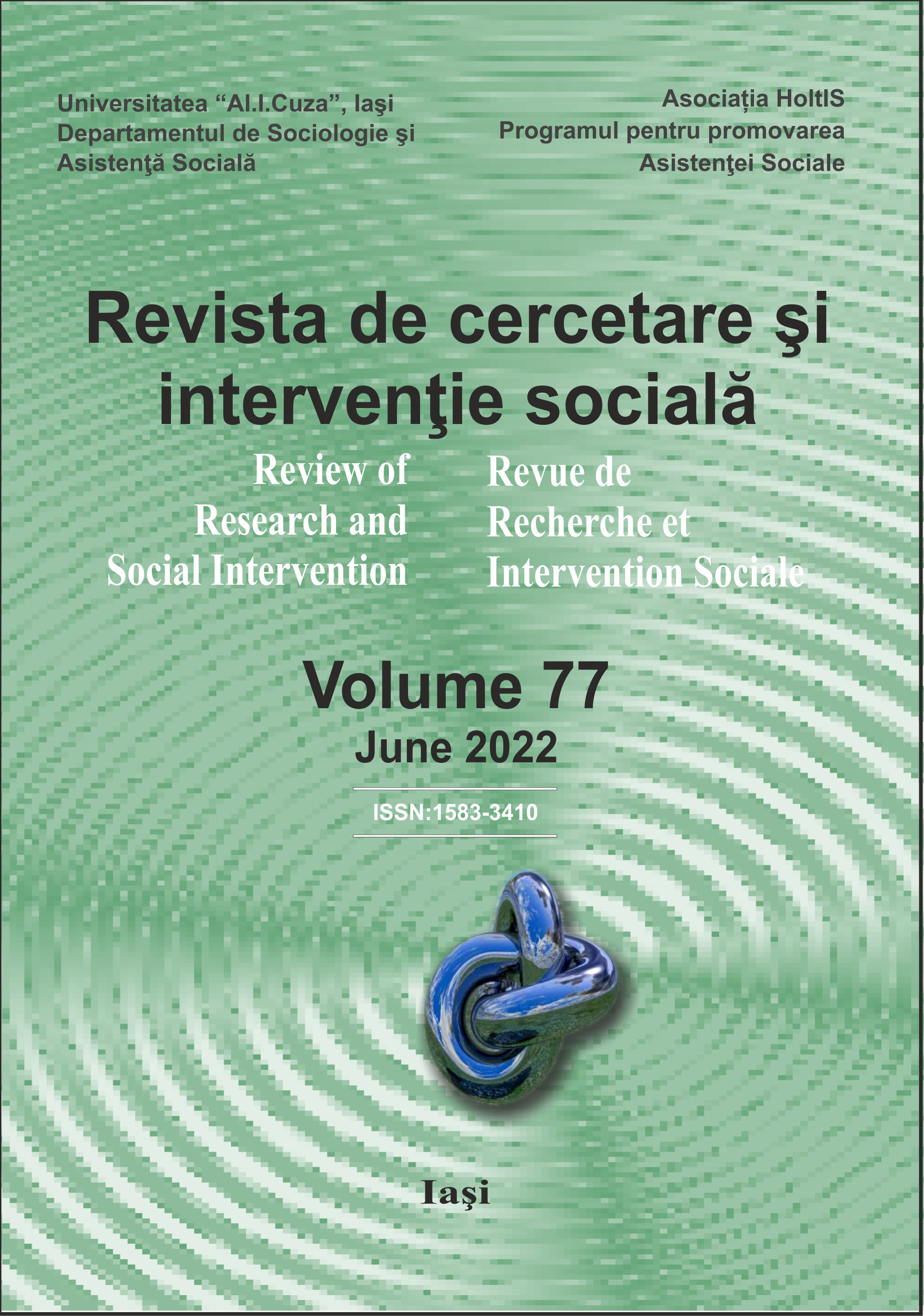Author(s): Francisco DE ASSIS SOUZA ALEXANDRE,Maria Elisa MARCIANO MARTINEZ,Marcello CARVALHO DOS REIS,Patrícia CARVALHO DOS REIS,Auzuir RIPARDO DE ALEXANDRIA / Language(s): English
Issue: 03/2022
This article presents, for the city of Fortaleza, the result of the indicators of five of the seventeen sections of the standard NBR ISO 37120:2017 - “Sustainable Development of Communities - Indicators for urban services and quality of life" which establishes an international standard of key indicators and encourages communities to become more proactive, ensuring that stakeholders develop and implement a management system suited to the needs of each region. This standard, launched in 2014, defines the methodology for a set of 100 indicators, divided into 17 sections, which address social, environmental and economic aspects of cities. The five sections chosen for this work were: education, health, security, shelter and transport, since they are key areas for the development of any city. Fortaleza's results, in each of these sections, are discussed and compared with those of 58 other cities available through the World Council on City Data (WCCD) database. It is, therefore, an unprecedented study, since there is no related work in the literature for the chosen city. As a result, it can be seen that, of the 31 indicators evaluated in this work, Fortaleza was below the average of the cities certified by the WCCD in 19 indicators, above the average in 7 indicators and it was not possible to calculate another 5 indicators. It is also evident that in all the sections studied there are critical points that must be evaluated by the public power for the treatment and consequent improvement of urban services and quality of life of the population of Fortaleza.
More...
